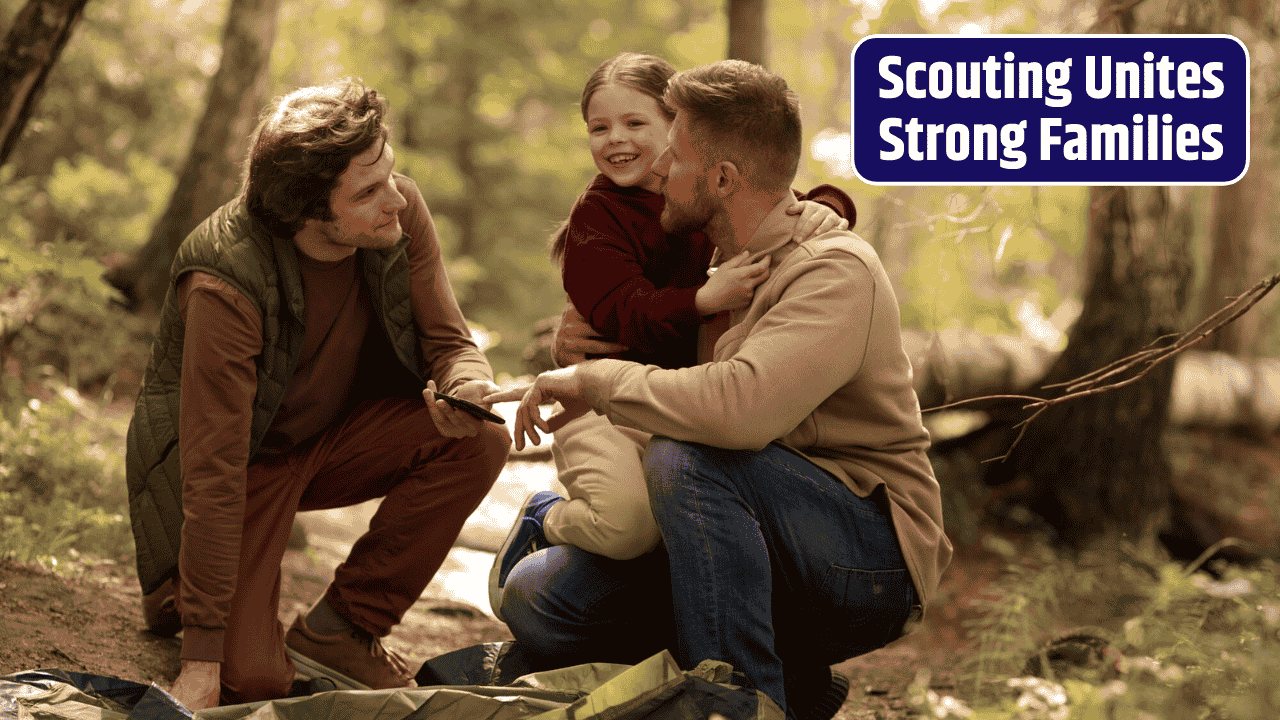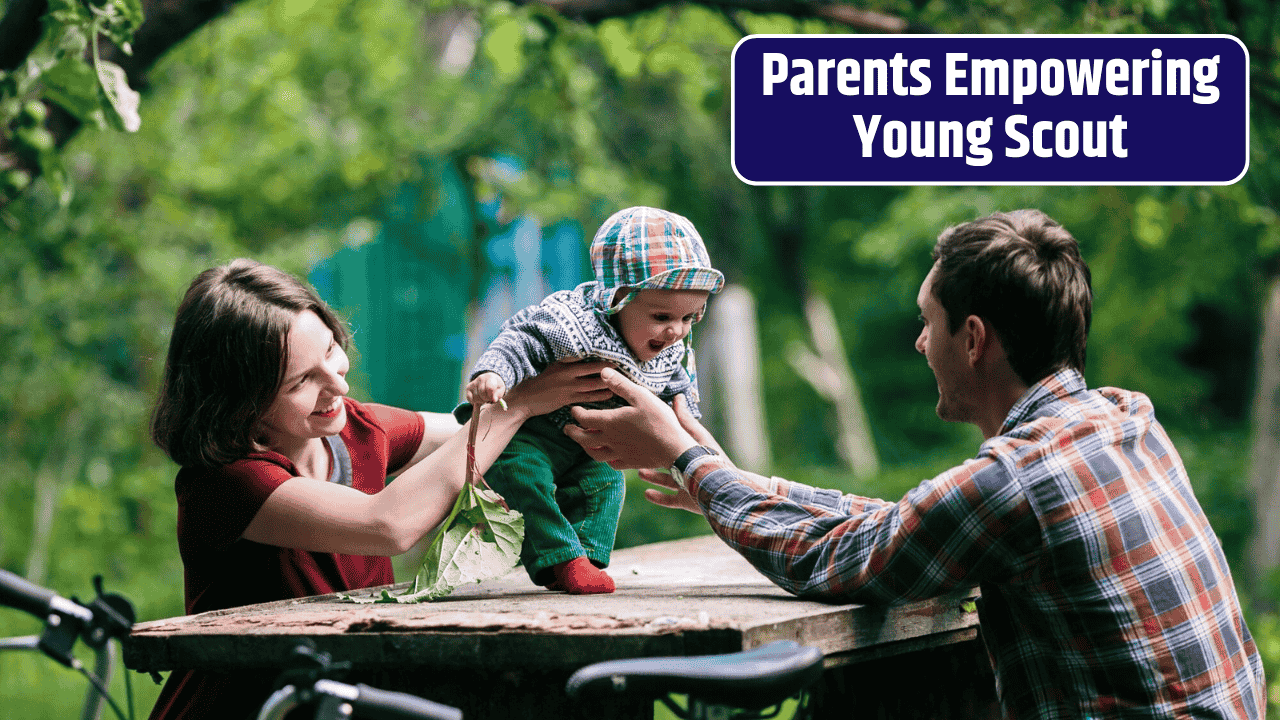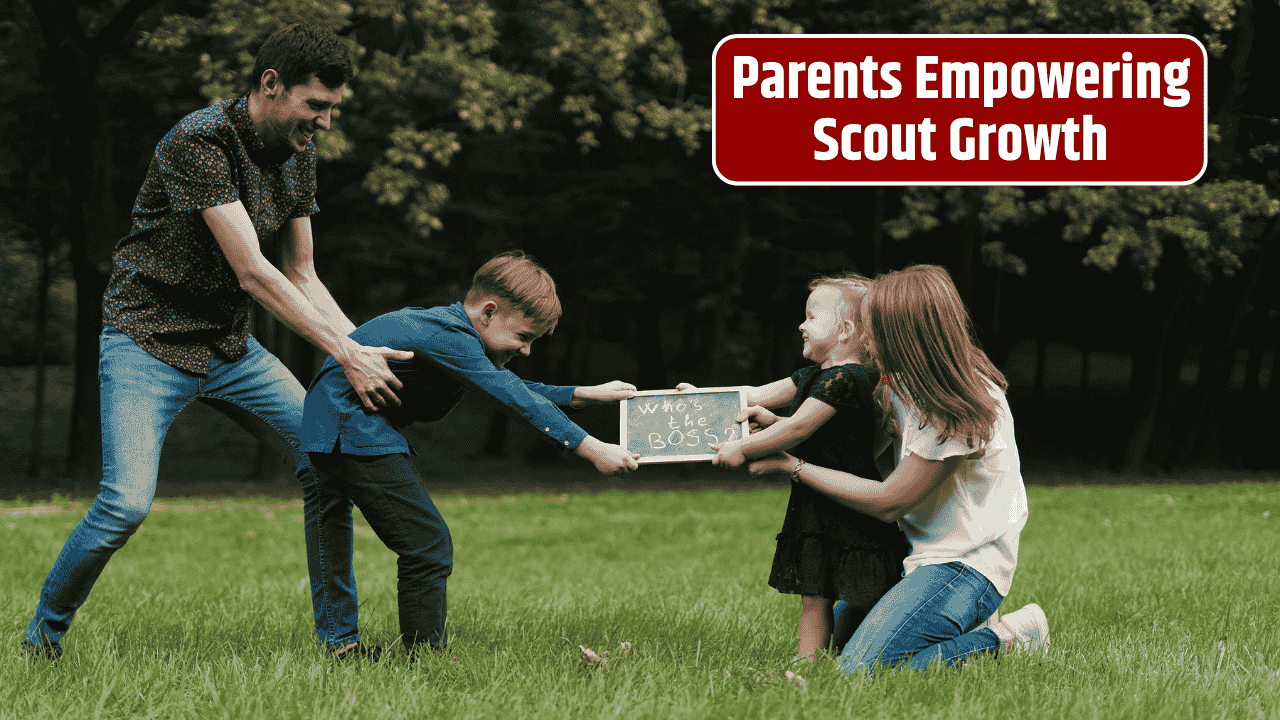Scouting has long been celebrated for shaping character, building leadership skills, and promoting service. But beyond developing young individuals, Scouting also plays a vital role in strengthening families. Through shared experiences, structured values, and teamwork, Scouting provides families with opportunities to grow closer and support one another in meaningful ways.
Shared Experiences That Bond Families
Scouting is a family-inclusive program. Whether it’s camping trips, service projects, or award ceremonies, families are encouraged to participate alongside their children. These shared experiences create lasting memories and deepen family bonds.
Activities such as hiking, cooking over a campfire, or working on merit badges often require cooperation and mutual support. Parents and children not only spend quality time together, but they also learn how to solve problems, celebrate achievements, and manage challenges as a team.
Reinforcing Core Values at Home
Scouting emphasizes values like honesty, respect, responsibility, and kindness—principles that are also key to healthy family life. When these values are reinforced both in Scouting and at home, they become part of a child’s daily life.
Families involved in Scouting often find it easier to discuss and apply these principles during everyday interactions. For example, a Scout learning about trustworthiness in the program might better understand the importance of keeping promises within the family.
Encouraging Parental Involvement
Scouting encourages parental involvement not just as spectators, but as leaders and mentors. Many parents serve as troop leaders, assistant leaders, or volunteers for events. This level of engagement allows parents to stay actively involved in their children’s lives in a structured and supportive environment.
When parents take part in Scouting, they model positive behavior, commitment, and community service, setting an example that strengthens family ties and promotes mutual respect.
Promoting Communication and Responsibility
Scouting promotes regular check-ins, goal-setting, and self-discipline—all of which require good communication. Families often find that discussing weekly Scout meetings, badge progress, or upcoming trips naturally opens doors to more meaningful conversations.
As children take on responsibilities in their troops, such as planning events or helping others, they become more reliable and independent at home. This development can foster a greater sense of trust and teamwork within the family.
Building a Supportive Community
Scouting creates a wider network of support that benefits the entire family. Families form friendships with others in their pack or troop, often extending their social circle and building a community of encouragement and shared values.
This sense of community can be especially valuable during difficult times, offering emotional and logistical support that reinforces the family unit.
How Scouting Supports Family Development
| Aspect | Benefit to Family |
|---|---|
| Shared Activities | Strengthens bonds, creates memories |
| Core Values Reinforcement | Aligns family and Scout principles |
| Parental Involvement | Encourages role modeling |
| Communication | Opens dialogue, builds trust |
| Community Connection | Expands support network |
Scouting does more than teach young people how to camp or tie knots—it fosters deeper family connections, mutual respect, and shared purpose. By involving the whole family, Scouting creates opportunities for unity, communication, and growth that extend far beyond the troop meetings.
FAQs
How can families get more involved in Scouting?
Families can volunteer at events, become leaders, or participate in outings. Ask your troop leader about opportunities to help.
Is Scouting only beneficial for kids?
No, Scouting supports the whole family by creating bonding opportunities and reinforcing values that benefit everyone.
Can non-traditional families participate?
Absolutely. Scouting is inclusive and welcomes families of all types and backgrounds.
What age can kids start Scouting?
Children can typically begin as early as kindergarten in programs like Cub Scouts.
How often do Scouting activities involve families?
Many events, such as camping trips, award ceremonies, and community service, are designed for full family participation.





